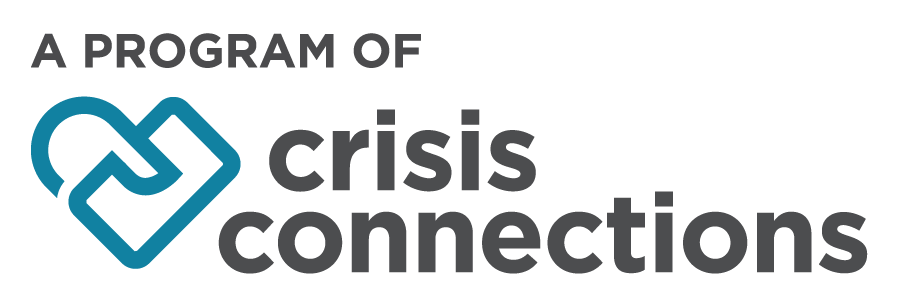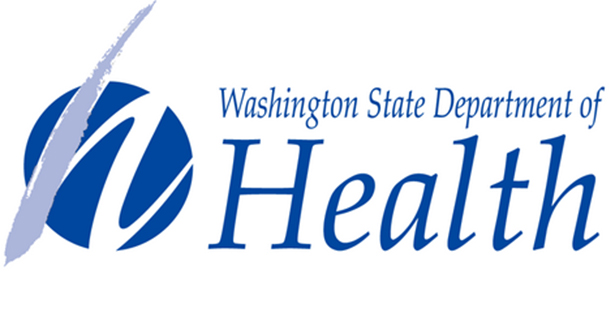24-Hour Help for Substance Abuse, Problem Gambling & Mental Health
Medications For Opioid Use Disorder (MOUD)
Medications play a critical role in the treatment of Substance Use Disorder (SUD). When combined with counseling and/or behavioral therapies the potential for long term recovery greatly increases. In terms of the treatment of Opioid Use Disorder, there are three common medications that are widely prescribed, Buprenorphine (Suboxone), Methadone and Naltrexone (Vivitrol). It is important that you speak with a prescribing physician to determine which medication would be the most beneficial in achieving your recovery goals.
Suboxone
Buprenorphine
Suboxone prevents withdrawal through a synthetic opiate, Subutex. Subutex functions as a partial agonist to the opiate receptors in the brain and prevents withdrawal by releasing a small to moderate dosage of opiate into the blood stream. It also contains an opiate blocker known as Naltrexone. Naltrexone is an antagonist to opioid receptors and blocks the user from feeling the effects of opioids, even if opioids are used after administering Suboxone. This aspect is critical to relapse prevention in recovery. These medications can be administered through a variety of forms, including: a pill, a film, and in a liquid.
Methadone
Synthetic Opiate
Methadone is another synthetic opiate, and historically more common among Medication Assisted Treatment. It was originally designed to only treat long-term opiate addiction, but it is now more frequently available to clients with varying degrees of opiate dependence. Methadone seems to be most effective in treating clients whose brain chemistry may be permanently altered due to long-term and heavy opiate use. In these cases, the need to receive outside assistance in delivering dopamine to the brain makes methadone a popular and effective choice. Methadone is most commonly administered in pill or liquid form.
Vivitrol
Naltrexone
Vivitrol is a full antagonist. It creates a barrier that completely blocks opioid molecules from binding to opioid receptors. This barrier blocks the effects of an opioid ‘high.’ Vivitrol typically lasts about a month and helps patients to avoid relapse and maintain abstinence from both opiates and alcohol. Consistent monthly dosing is key to long-term recovery. It’s important to know that you need to start off being opiate free for 7-10 days before starting on Vivitrol. After completion of the detox period, this medication can be highly effective for those who are motivated to stay opiate-free. In addition to these medications, counseling is often times recommended to help an individual sustain recovery.
Find Resources
These are links to the most typically requested services. For more information or further help, please contact us.








